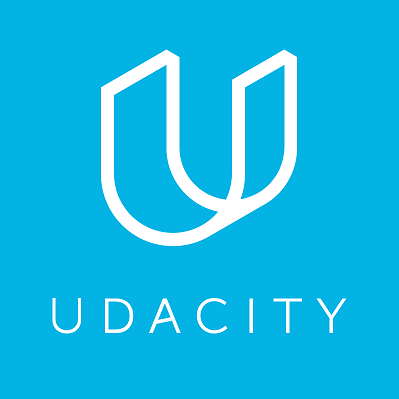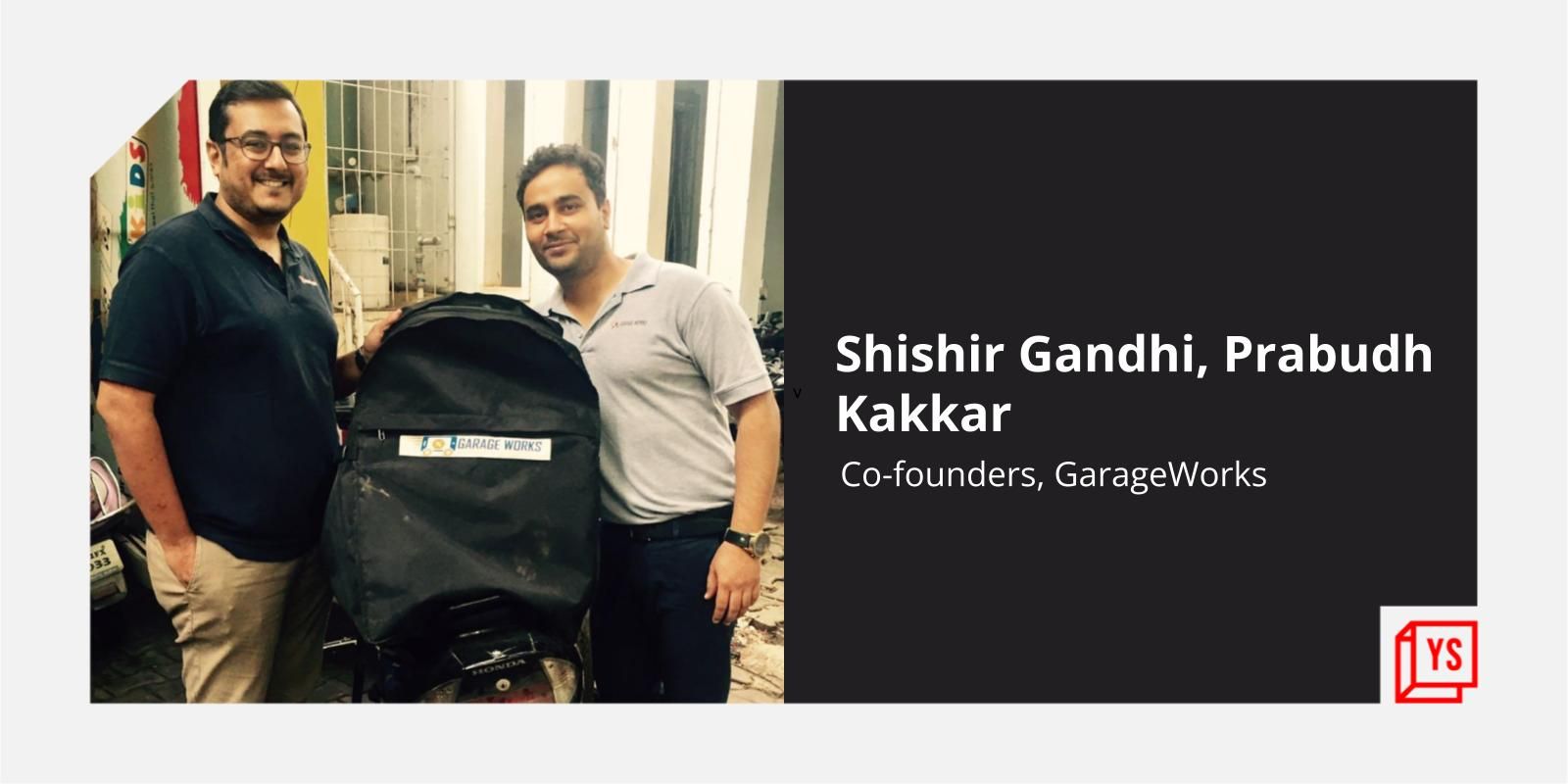
Udacity
View Brand PublisherLook beyond the hype of certification, look for skills to move up in the real world
By the time he was 23 years old, Arjun’s career looked all set to take off. He had graduated with distinction from a good college and landed the job he wanted. But it was only after a year of working on ‘Excel-based projects’ and basic coding that he finally got to work on what he called his ‘dream project’ – training a smart cabs (self-driving cars) to drive. That’s when he realised that the theories he had studied had limited practical application. “This was beginning to reflect in the quality of my work. And, when it was time for my appraisals, I wasn’t sure if my skills would get me a good rating, or a promotion,” he says. His options seemed limited. Higher education was expensive, and his portfolio of work on his CV was not good enough to get him a job he would enjoy.
After extensive research, Arjun decided to explore the option of online courses, and whether these were actually worth investing in, both in terms of money and time. He says, “Often, we are bound by stereotypes that online courses aren’t effective, and that they are just a series of PowerPoint presentation or video diaries. That is reinforced when people share their experience of how they lose interest and almost never complete a course.”
What Arjun wanted was a course that would help him acquire the actual skills and project experience he needed to meet and exceed ever-evolving workplace demands.
Arjun is hardly alone in his predicament. On the other side of the table, hiring managers across industry verticals say job-ready talent is in short supply in India. In 2011-12, the All India Survey on Higher Education by the Ministry of Human Resource Development estimated that there were 28.56 million students enrolled in higher education. The number has increased since then, but hiring managers everywhere will tell you that while graduates have theoretical knowledge, they lack practical experience, specific skills, and communication skills. For instance, a study found that 97 percent of engineering graduates do not possess the English skills required for high-end jobs. In the IT space, companies have little choice but to train these graduates from scratch in the latest technologies. The chasm between trained talent and industry requirements is wide, and an expensive one to bridge.

Beyond theory: The need for ‘employable’ skills and upskilling
With few institutions equipped to teach industry-relevant skills, young employees wanting to move up have had to resort to neighbourhood institutes offering crash courses, take short-term courses in colleges, or try out the relatively recent option of an online course. Small institutes often make promises they cannot keep and stick to the basics. Colleges are rarely able to offer practical courses on the latest technologies because of the time it takes for a formal course to be developed and deployed. Online courses come with the risk of a high dropout rate because the flexibility of self-paced learning often leads to a lack of discipline, culminating in a high dropout rate.
So is there another option that offers real challenges to develop real skills? MOOCs do. Massive open online courses, or MOOCs as they’re popularly known, have been around for several years now. Several of these feature courses from the world’s best universities, including Ivy League schools in the US, and in a variety of languages. Browsing through the long list of courses available on MOOC providers like Coursera and edX can be a mindboggling experience. Other providers, though, are focused on select areas. Udacity, for instance, specializes in technology, though it does have a limited number of non-tech courses too. It also doesn’t offer courses from universities; instead, Udacity partners with industry bigwigs – its Android Developer curriculum, for instance, is developed by industry practitioners at Google.
According to onlinecoursereport.com’s list of 50 most-popular free online courses available in English, the most popular was Learning How to Learn from UC San Diego, reflecting that the thirst to learn runs deep the world over. Tellingly enough, the most popular courses at MOOCs are the ones that promise to give learners real skills. Even so, hiring managers do wonder if you have real skills, as opposed to knowledge, even if you have completed a long and arduous course. Says a senior hiring manager at a Bangalore-based IT firm on condition of anonymity: “A couple of years back, I hired an engineer who had completed a full specialization through such a course. His CV and work experience were great and I took a risk. It didn’t work. He knew what he had to do, but he couldn’t actually do it. After that, I preferred to go back to
So does completing an online course give you the break you need? Well, that’s actually the wrong question to ask. If you’re looking to learn real skills, beyond the certification, these are the questions you can’t afford to skip.
#1. Does the course fulfil my requirements?
Are you looking for knowledge or skills or both? Some courses cover only theory. Others cover theory and some application while several technology-based courses are entirely driven by learning and experimenting (with a clear assessment and feedback mechanism built into the process). Review the course structure to make sure it focuses on what you need.
#2. What will I be able to do after I complete this course?
Scan the learning objectives of the course, as well as the teaching methods (types of lectures, assignments, etc.). A video lecture full of animation doesn’t necessarily mean it’s superior learning content. Understand the scope. An introductory course is not going to give you all the practical skills you need.
#3. How will my assignments be evaluated?
For some courses, a multiple choice format may be able to evaluate your learning properly. Application-oriented courses like ones teaching programming must have real coding assignments and projects that require you to apply your learnings. Then, if your work is being evaluated by a fellow learner, the feedback you get will differ greatly from one reviewer to the next as their own levels of expertise are varied. If your code isn’t assessed by someone who’s an expert at it, or if your reviewer can’t provide you constructive feedback, then you may not be able to acquire the depth of skills you need.
#4. How much peer interaction will you get?
This is important because when you are not in a classroom setting and interacting with your peers, keeping up your levels of self-discipline and motivation to learn can be difficult. It’s why the dropout rate for MOOCs is so high. People lose interest, or they don’t learn and therefore leave. Most MOOC providers do have student groups and forums where they can interact about anything related to the course.
So, is a good online course a myth?
Online discussion forums are full of evaluations of specific online courses, their pros and cons. What’s more, there are many who have completed similar courses from various providers and provide a detailed comparison on the learning experience, assignments and projects. The bottom line is simple: any course you do must equip you with the skills you need to move ahead in your career and do work that is satisfying. And that’s what hiring managers everywhere are looking for – proven skills to solve real problems. Are you ready to upskill?












